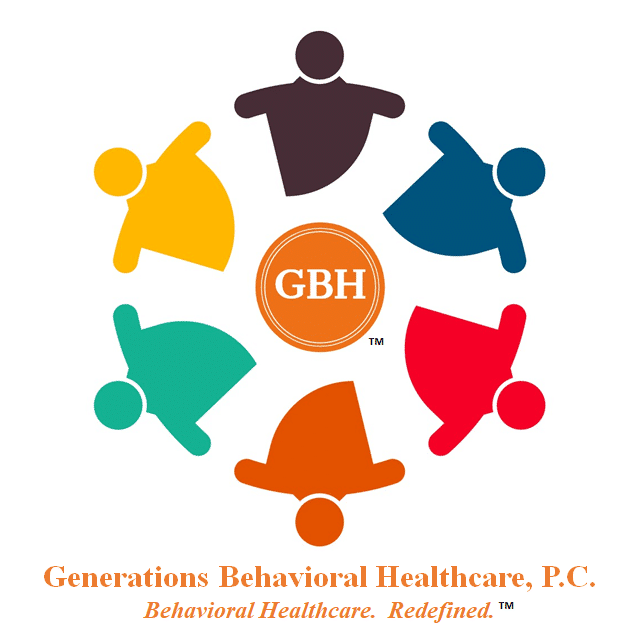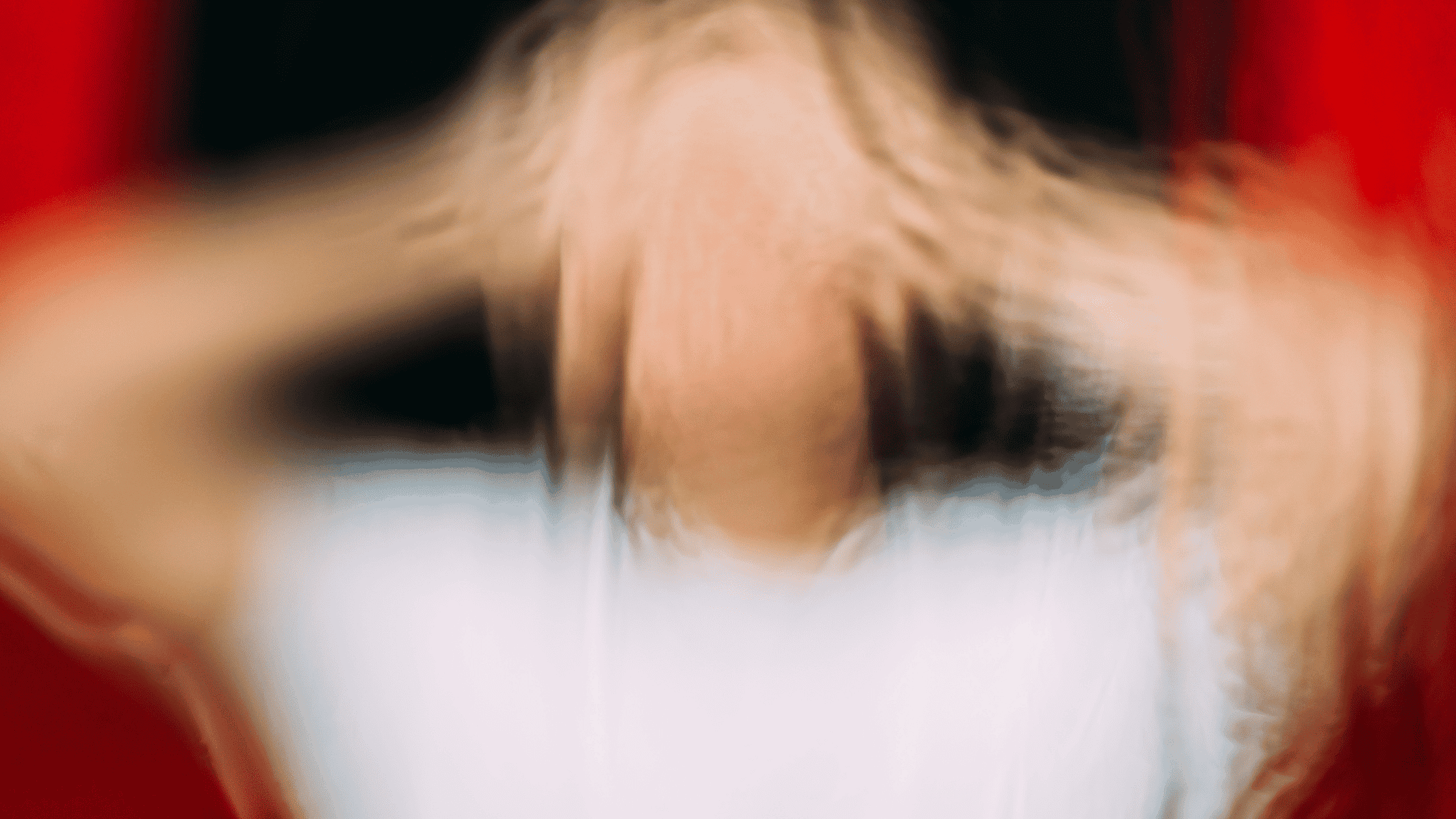
-What is Bipolar Disorder? Bipolar Disorder is descriptive of a category of mood disorders that are defined by episodes of abnormal mood swings with related changes in energy level and behavior. It is actually quite serious and dangerous because the person who is suffering from the disorder is often not even aware of it.
There is no blood test available to confirm the disorder and people usually do not have the same symptoms or experiences. However, there are different types of episodes to help with diagnosis.
The Major Depressive Episode is a phase of bipolar disorder in which the person can exhibit such feelings as great sadness, hopelessness, anxiety, isolation, guilt, and anger. They may also experience an inability to sleep, fatigue, loss of appetite, problems concentrating, and loss of interest in sexual activity. They may lack motivation, feel no joy from activities that are usually enjoyable, feel shy in social settings, or be morbidly obsessed with suicide. They may also experience chronic pain with or without a cause.
The Manic Episode is a phase in which the person may experience an increase in energy and need less sleep than normal. The attention span is low and the person’s thoughts seem to be racing. They exhibit poor judgment in that they may go on spending sprees or engage in abnormal behavior. They may indulge in alcohol or drugs and their behavior may become aggressive or intrusive. They may have an increased sexual drive and they may feel that they have been chosen for a special mission. They could experience a complete break from reality.
The Hypomanic Episode is a mild to moderate phase, characterized by a decreased need for sleep, optimism, and activity. The person has an increase in energy, is more active than normal, and exhibits increased creativity. They may demonstrate irritability and poor judgment, but they do not exhibit delusions or hallucinations.
The Mixed Affective Episode is a mixed phase during which symptoms can occur simultaneously, such as anxiety, confusion, belligerence, impulsiveness, panic, and paranoia.
The treatment for bipolar disorder almost always involves a combination of psychiatric medication management focused on mood stabilization and psychotherapy to address deficits in coping skills and psychosocial factors that may be fueling the symptoms of mania or depression.
For more information about Bipolar Disorder or to schedule a consultation, you are encouraged to Contact Us or set up an appointment directly on this website.

